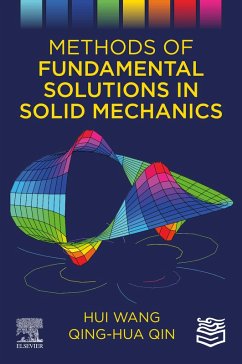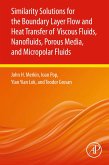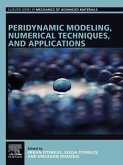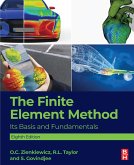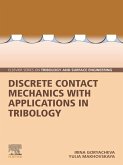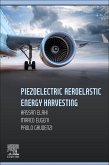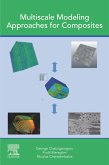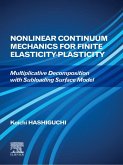- Explains foundational concepts for the method of fundamental solutions (MFS) for the advanced numerical analysis of solid mechanics and heat transfer
- Extends the application of the MFS for use with complex problems
- Considers the majority of engineering problems, including beam bending, plate bending, elasticity, piezoelectricity and heat transfer
- Gives detailed solution procedures for engineering problems
- Offers a practical guide, complete with engineering examples, for the application of the MFS to real-world physical and engineering challenges
Dieser Download kann aus rechtlichen Gründen nur mit Rechnungsadresse in A, B, BG, CY, CZ, D, DK, EW, E, FIN, F, GR, HR, H, IRL, I, LT, L, LR, M, NL, PL, P, R, S, SLO, SK ausgeliefert werden.
Hinweis: Dieser Artikel kann nur an eine deutsche Lieferadresse ausgeliefert werden.

